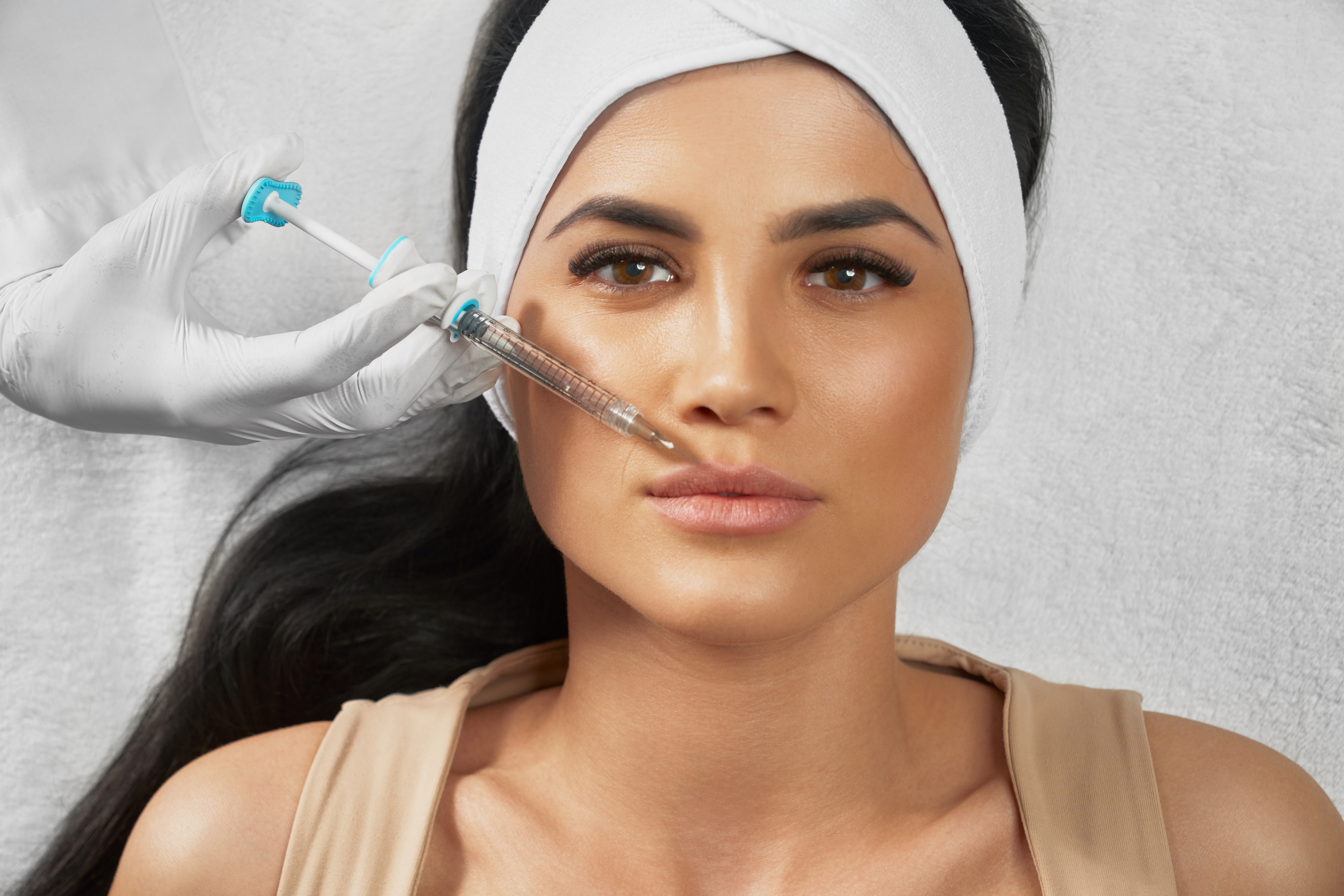
Are you tired of dealing with dry, dull, and lacklustre skin? Are wrinkles and fine lines starting to creep up on you? Well, have no fear because hyaluronic acid is here to save the day! This substance is a naturally occurring carbohydrate found in our bodies that plays a crucial role in keeping our skin hydrated and youthful. But as we age, our bodies produce less of it, leading to wrinkles, fine lines, and dryness. But the good news is that we can now turn to hyaluronic acid treatments to help revive and revitalise our skin.
In this blog post, we will take a deep dive into the world of hyaluronic acid and discover the many benefits it has to offer for our skin. So sit back, relax and let’s get ready to give your skin the hydration it craves!
What is Hyaluronic Acid?
Hyaluronic acid is a carbohydrate that is found naturally in our bodies. It is a gel-like substance that helps to lubricate our joints, nerves, and skin. In our skin, it acts as a sponge, attracting and holding onto water molecules to keep our skin plump and hydrated. As we age, our bodies produce less hyaluronic acid, leading to wrinkles, fine lines, and dryness. This is why Hyaluronic Acid Treatments can help us regain elasticity in our skin.
9 Benefits of Hyaluronic Acid Treatment for Skin and Face

1. Skin Hydration:
Hyaluronic acid is a natural humectant, meaning it attracts and holds onto water molecules. This helps to keep the skin hydrated and plump.
2. Anti-aging:
As we age, our bodies produce less hyaluronic acid, leading to wrinkles and fine lines. Hyaluronic acid treatments can help to plump up the skin and reduce the appearance of wrinkles and fine lines.
3. Acne-fighting:
Hyaluronic acid can help to reduce inflammation and redness in the skin, making it a great treatment option for those with acne-prone skin.
4. Healing:
Hyaluronic acid can help to speed up the healing process of the skin, making it a great treatment option for those with acne scars or other types of scarring.
5. Collagen-boosting:
Hyaluronic acid can help to boost collagen production in the skin, leading to firmer, more youthful-looking skin.
6. Moisturising:
Hyaluronic acid is a natural humectant, meaning it attracts and holds onto water molecules. This helps to keep the skin hydrated and moisturised.
7. Suitable for all skin types:
Hyaluronic acid is suitable for all skin types, including sensitive skin, dry skin, flaky skin, etc.
8. Non-invasive:
Hyaluronic acid treatments are non-invasive and can be done at home or in the office.
9. Long-lasting:
Hyaluronic acid treatments can last for several months, making them a great investment in your skincare routine.
Hyaluronic Treatments for Skin
There are several different types of hyaluronic acid treatments for the skin:
-
Injectable dermal fillers:
View this post on Instagram
Injected Dermal Fillers are used to add volume to the skin and reduce the appearance of wrinkles and fine lines. They are typically injected into the skin by a medical professional and can last for several months.
-
Volite – Skin Booster Treatment:
Volite is a non-invasive anti-ageing treatment. It is a skin-conditioning gel that contains Hyaluronic Acid and is designed to enhance skin quality that lasts for more than 6 months. Volite is injected into the layers of the skin to nourish it from the inside out.
-
Hyaluronic acid chemical peels:
These are chemical peels that contain hyaluronic acid as the active ingredient. They can be used to exfoliate the skin and improve its overall appearance.
-
Profhilo Treatment:
The Profhilo treatment contains hyaluronic acid and is designed to stimulate the production of collagen and elastin in the skin, which can help to improve skin texture, elasticity, and overall appearance. Profhilo treatment addresses issues such as sagging, wrinkles, and dullness in the skin.
It’s important to keep in mind that all these treatments should be done under the guidance of a skin-care professional or a dermatologist. They will be able to recommend the best type of treatment based on your individual skin type and concerns.
The Takeaway
In conclusion, hyaluronic acid is a game-changer when it comes to skincare. It’s a naturally occurring substance in our bodies that plays a crucial role in keeping our skin looking youthful and hydrated. So, if you’re looking for a way to give your skin a boost of hydration and youthfulness, consider incorporating a hyaluronic acid treatment into your skincare routine. Trust us, your skin will thank you!
FAQs Related to Hyaluronic Acid Treatment for the Face
1. Is hyaluronic acid good for acne?
Hyaluronic acid is generally considered beneficial for the skin, including for acne-prone skin. It can help to hydrate and moisturise the skin, which can improve the appearance of acne and reduce inflammation.
2. Is hyaluronic acid safe?
Hyaluronic acid is considered safe for most people to use. It is a naturally occurring substance in the body and is often used in medical procedures such as joint injections. When used in skincare products, it is typically well-tolerated and does not cause significant side effects.
3. Does hyaluronic acid lighten skin?
Hyaluronic acid does not lighten the skin. It is a hydrating agent that helps to moisturise the skin and improve its overall appearance.
4. What is injectable hyaluronic acid?
An injectable hyaluronic acid is a form of substance that is used in medical procedures such as dermal fillers. It is injected into the skin to add volume, and hydration, and to reduce the appearance of wrinkles and fine lines.
5. Does hyaluronic acid help clear skin?
Hyaluronic acid can help to clear the skin by providing hydration and moisturisation to the skin cells. This can improve the overall appearance of the skin, reduce inflammation, and reduce the appearance of acne. However, it is always best to consult a dermatologist, especially if you have sensitive or acne-prone skin.
